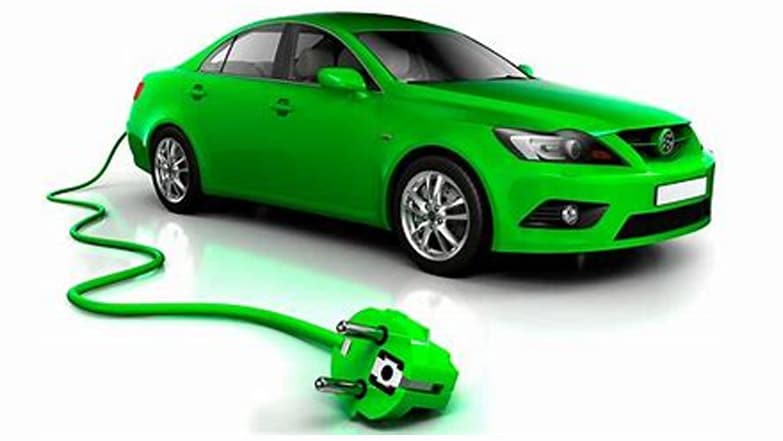Electrical Engineering is one of the mother courses in engineering education. In the earlier days, engineering branches were limited to mainly Civil Engineering, Mechanical Engineering and Electrical Engineering. However, with the development in the area of semiconductors, Electronics & Communication, Computer Science and allied courses started to rule the engineering world. These allied courses gained momentum and are still ruling the field.
Under such circumstances let’s look into the future of Electrical Engineering.
Two major areas which give a lot of hope for the budding Electrical Engineers are Renewable energy and Electric Vehicles (EVs).
With the number of gadgets and appliances based on electrical energy on the rise, the need for generation of electrical energy is high as well. India has an installed generation capacity of 370.348 GW as on 31-04-2020 (source: https://powermin.gov.in/) and conventional sources of energy such as coal and lignite contribute to a total of 62.8% of the total energy production (Source: https://powermin.gov.in/). This shows that dependency on the non-renewable sources of energy is very high. At this juncture, India is trying to harness the power of sun, wind and other renewable forms of energy. The issue here is the consistency and reliability of the power generated. On sunny days, the energy generated from solar panels can be high but may not be the same otherwise. This current intermittent nature of solar power makes grid connectivity difficult. In such scenarios, the role of Electrical Engineers will be important, and their demand will be high in this segment. The need of the hour is a solution to scale up the dependability of Solar energy. Power electronics integrated with the knowledge of renewable energy sources can be one of the most sought after job profiles.
The other segment where Electrical Engineers are finding their might is EVs. Keeping in view the effects of pollution and dependency on imported sources of energy for locomotion like diesel and petrol, the Government of India has taken initiatives to promote EVs. However, electrical energy storage is a big issue. The major component of an EV is the batteries, but the current battery technology has various issues with respect to their safety and portability. As much as 60% of the cost of EVs is due to the batteries. The faster you want to charge the batteries, the costlier it becomes. However, research work to develop small, safe and quick chargeable batteries is on across the globe. Electrical Engineers can play a vital role here.
The current education system should also be modified to provide exposure to the students in the area of renewable energy sources, EVs and battery technologies. I believe, soon the need for trained electrical engineers will soar. Future looking courses in these areas are required to prepared our engineers to face these challenges.




